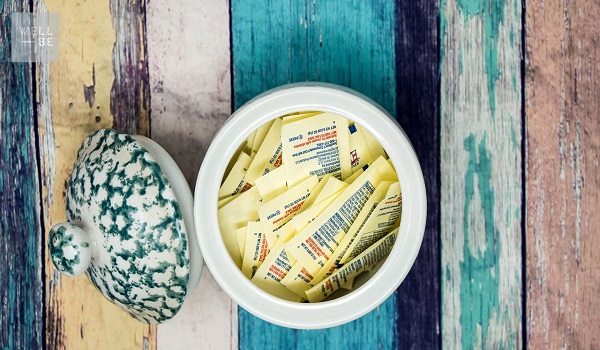According to a lobby group in lieu of Coca-Cola, PepsiCo, Red Bull, Dabur, and Tetra Pak, among others, recent World Health Organization (WHO) guidelines on non-sugar sweeteners are “not scientifically rigorous.”
Some days ago, the WHO said non-sugar sweeteners such as aspartame and stevia do not help in weight loss while increasing the risk of certain diseases. Health groups had called for ‘restrictive use only’ messages on all foods and drinks with artificial sweeteners.
The Indian Beverage Association (IBA) said, “It is a disservice to public health to not recognize the role of low- or no-calorie sweeteners in reducing sugar intake” amid a global obesity crisis, and IBA has been engaging with concerned authorities in the country to seek their alignment for a favorable policy regime in this regard.
They say that WHO recommendations should have been based on the comprehensive set of available evidence, and the international organization could only conclude a conditional recommendation, which is neither scientifically rigorous nor based on a robust evidence base.
Other large food and beverage companies, including Britannia, Paper Boat, Parle Agro, Bisleri, ITC, Mondelez, and Tata NourishCo, are listed as “associate members” on the beverage association’s website.
Sales of diet colas, ice creams, juices, breakfast cereals, confectionery, and no-sugar cooking alternatives have been growing in double digits, a trend that accelerated during the COVID-19 pandemic as consumers switched to low-sugar drinks and foods amid increased health consciousness.
WHO said its conditional guidelines and recommendations on non-sugar sweeteners are based on available evidence and include all synthetic and natural sweeteners such as aspartame, saccharin, sucralose and stevia.
“Replacing free sugars with non-sugar sweeteners does not help with weight control in the long term,” Francesco Branca, WHO director for nutrition and food safety, said in a detailed statement, adding that such sweeteners “are not essential dietary factors and have no nutritional value.” The IBA executive said the industry body “would join others, including relevant government agencies, who have responded to the public consultation on the draft guidelines, expressing their concerns about the conclusions and rationale used by WHO.”


